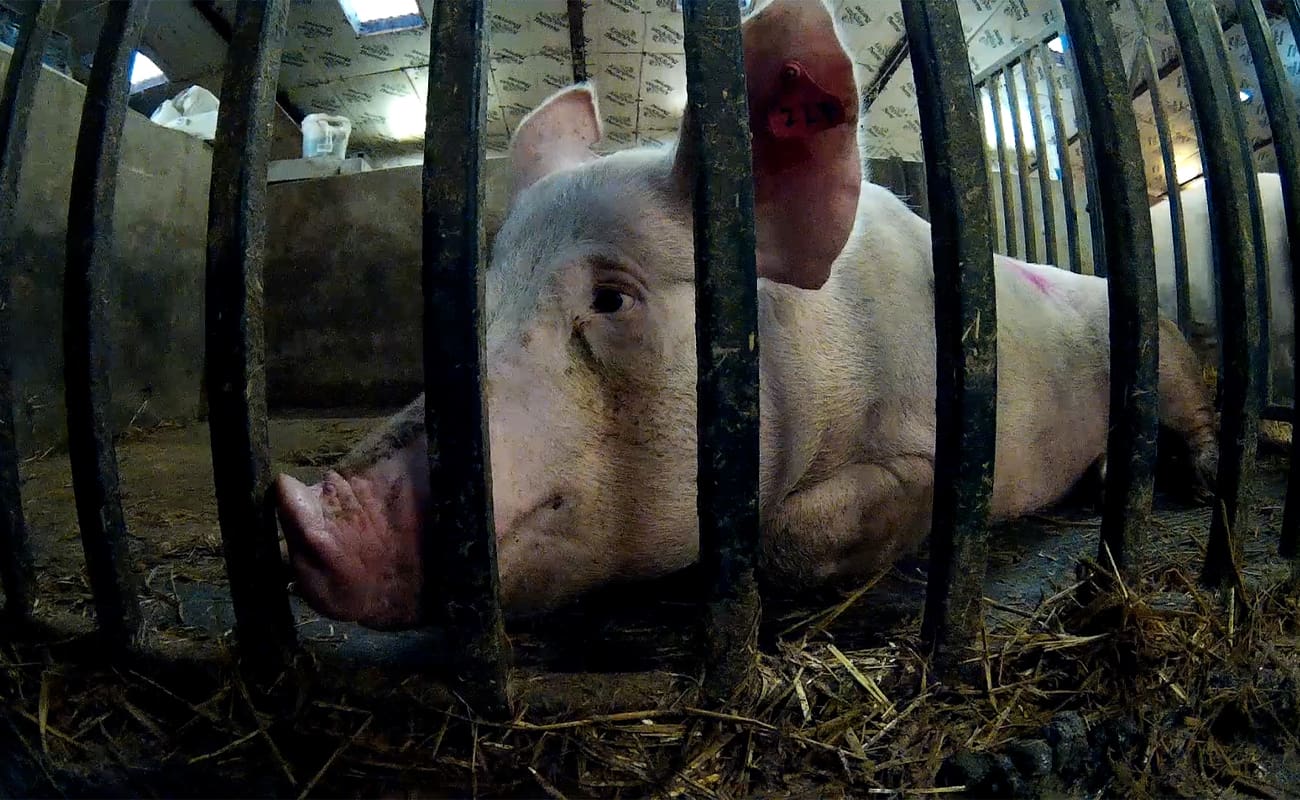Community Action focuses on the power of local efforts to drive meaningful change for animals, people, and the planet. This category highlights how neighborhoods, grassroots groups, and local leaders come together to raise awareness, reduce harm, and promote ethical, sustainable lifestyles within their communities. From hosting plant-based food drives to organizing educational events or supporting cruelty-free businesses, every local initiative contributes to a global movement.
These efforts take many forms—from starting local plant-based food drives and educational events to organizing animal shelter support or advocating for policy change at the municipal level. Through these real-life actions, communities become powerful agents of transformation, showing that when people work together around shared values, they can shift public perceptions and build more compassionate environments for both humans and animals.
Ultimately, community action is about building lasting change from the ground up. It empowers ordinary individuals to become changemakers in their own neighborhoods, proving that meaningful progress doesn’t always start in government halls or global summits—it often begins with a conversation, a shared meal, or a local initiative. Sometimes, the most powerful change begins with listening, connecting, and working alongside others to make our shared spaces more ethical, inclusive, and life-affirming.
Factory farming, a system designed for maximum efficiency, has turned the raising of pigs into a process that often disregards animal welfare. Behind the closed doors of these operations lies a harsh reality of cruelty and suffering. Pigs, highly intelligent and social animals, are subjected to inhumane practices that prioritize profits over their well-being. Here, we expose some of the most shocking conditions and treatments farmed pigs endure on factory farms. Cramped Confinement: A Life of Immobility and Misery One of the most disturbing aspects of pig farming is the confinement of sows, or breeding pigs, in gestation crates—narrow metal enclosures that epitomize the cruel efficiency of factory farming. These crates are barely larger than the pigs themselves, often measuring only 2 feet wide and 7 feet long, making it physically impossible for the animals to turn around, stretch, or lie down comfortably. The sows spend nearly their entire lives …


























































